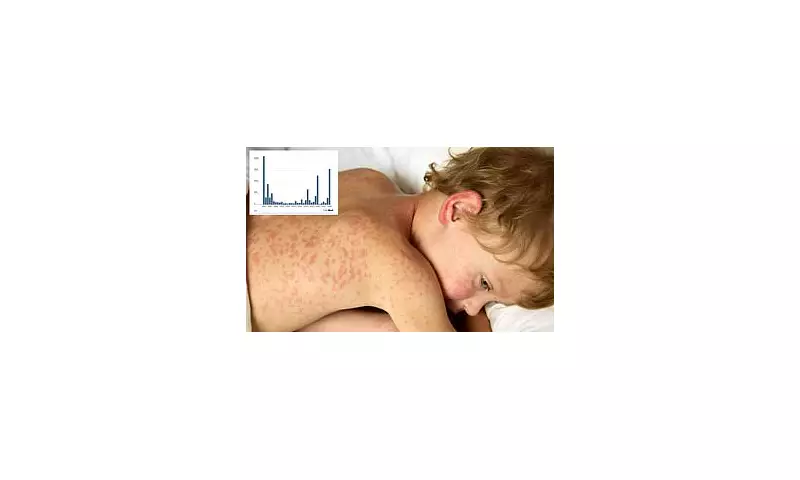
A public health emergency is unfolding on an American university campus as health officials scramble to contain a measles outbreak that has already forced multiple students into isolation. The situation at the unnamed South Carolina institution has exposed worrying vulnerabilities in the community's immunity against this highly contagious disease.
Campus Crisis: The Quarantine Protocol
University authorities, working in close coordination with the South Carolina Department of Health and Environmental Control (DHEC), have implemented immediate quarantine measures for affected students. The isolation protocol affects both infected individuals and those potentially exposed to the virus, creating significant disruption to academic routines and campus life.
"We are taking every necessary precaution to prevent further transmission," stated a university representative. "The safety of our students, faculty, and staff remains our absolute priority."
The Vaccination Gap: A Preventable Crisis
Health investigators have identified the root cause of the outbreak as insufficient vaccination coverage within the student population. Many of those affected had not received the recommended two doses of the MMR (measles, mumps, and rubella) vaccine, leaving them completely vulnerable to infection.
Dr. Linda Bell, South Carolina's State Epidemiologist, expressed grave concern: "This outbreak serves as a stark reminder that measles remains a serious threat. The MMR vaccine is safe, effective, and represents our best defence against this dangerous virus."
Understanding the Measles Threat
Measles isn't just a childhood rash - it's a potentially severe illness that can lead to serious complications:
- High fever, cough, runny nose, and red, watery eyes
- Characteristic rash that spreads across the body
- Risk of pneumonia, encephalitis, and permanent brain damage
- Particularly dangerous for infants, pregnant women, and immunocompromised individuals
The virus can linger in the air for up to two hours after an infected person has left the area, making it one of the most contagious diseases known to medicine.
Broader Implications for Campus Health
This incident has triggered urgent reviews of vaccination verification processes at educational institutions nationwide. Many universities are now reconsidering their immunisation requirements and exploring ways to improve compliance among student populations.
Public health experts emphasise that outbreaks like this are entirely preventable with adequate vaccination rates. The World Health Organisation recommends at least 95% coverage with two MMR doses to achieve herd immunity and protect vulnerable community members.
As the quarantine continues and health officials monitor for new cases, this South Carolina outbreak stands as a cautionary tale about the critical importance of maintaining vaccination coverage in close-knit communities like university campuses.





